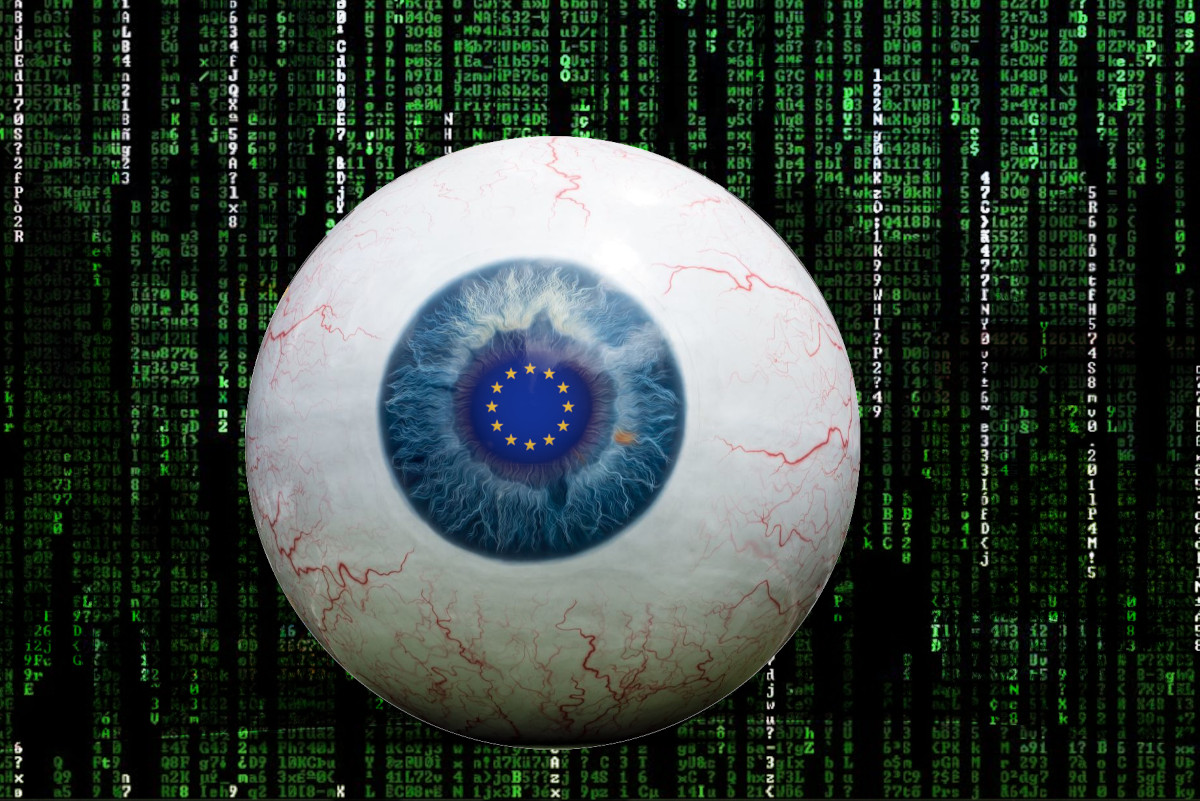
The most anti-science-fiction political leader of all time was Margaret Thatcher. Her motto - "There is no alternative" - was a demand masquerading as an observation, and what she really meant was "Stop trying to imagine an alternative."
1/
1/

This idea - that our world is inevitable, not the result of human choices, and it cannot be altered through human action - is well-put in the quote attributed to Frederic Jameson "it is easier to imagine the end of the world than to imagine the end of capitalism."
2/
2/
In that light, science fiction can be a radical literature indeed. Depicting a future where our bedrock assumptions of our interpersonal, political and commercial relations are different implicitly denies that our present is inevitable or immutable.
3/
3/
(By the same token, sf can be a ghastly and reactionary literature: the mere act of asserting that the future will be just like today, save for some cosmetic technological "innovations," implicitly says that we have arrived at the end of history itself)
4/
4/
This week in @ConsumerReports Digital Labs, I've published "Inside the Clock Tower: An Interoperability Story," a science fiction story about women comics creators who use interop to create their own anti-harassment policies.
digital-lab.consumerreports.org/2021/06/15/ins…
5/
digital-lab.consumerreports.org/2021/06/15/ins…
5/
The story illustrates how there IS an alternative: we don't have to figure out how to make giant services perfect their role as bosses of hundreds of millions (or billions) of peoples' social lives - we can let users control their own moderation policies.
6/
6/
Likewise, there is an alternative for marginalized and harassed groups of people to disappearing from the large social media platforms and giving up on the visibility, community, work opportunities and other benefits that keep us all here.
7/
7/
The story's release was timed to coincide with the publication of the #ACCESSAct, the most significant interoperability bill in US history.
pluralistic.net/2021/06/12/acc…
8/
pluralistic.net/2021/06/12/acc…
8/
I discussed the story and the bill with @kavehwaddell for an interview on the Digital Labs' site, delving into its technical, legal and social dimensions, and how ACCESS can be a bridge to even more significant reductions in Big Tech's dominance.
consumerreports.org/digital-rights…
9/
consumerreports.org/digital-rights…
9/
The story itself is licensed Creative Commons Attribution-Share Alike, meaning you can reprint it, and even sell it (provided you do so on the same terms) - anything that helps remind people that there is always an alternative!
Image: Jason Schneider/Consumer Reports
eof/
Image: Jason Schneider/Consumer Reports
eof/
ETA - If you'd like an unrolled version of this thread to read or share, here's a link to it on pluralistic.net, my surveillance-free, ad-free, tracker-free blog:
pluralistic.net/2021/06/16/ins…
pluralistic.net/2021/06/16/ins…
• • •
Missing some Tweet in this thread? You can try to
force a refresh







